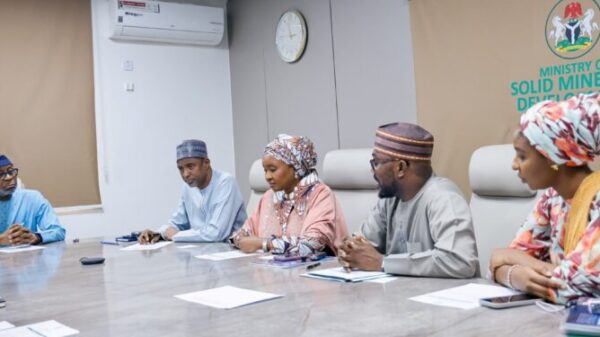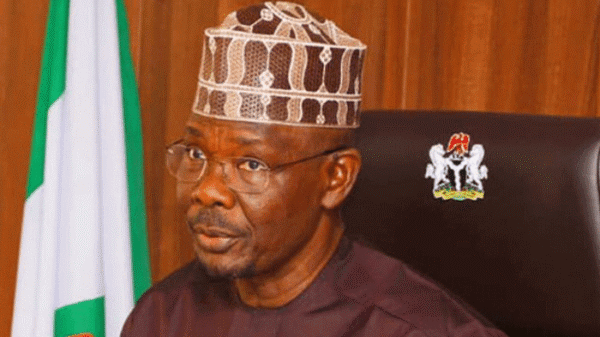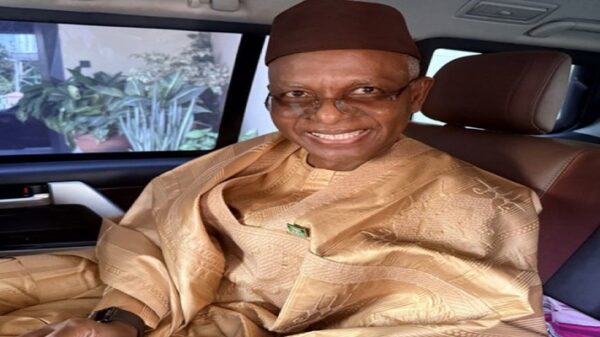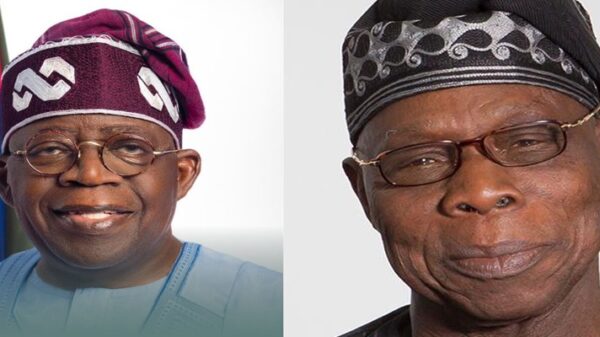The National Information Technology Development Agency, NITDA, has trained 40 media professionals and social media influencers in digital journalism and fact–checking, to stem the tide of fake news.
The Agency’s Head of Corporate Affairs, Hadiza Umar, said in her keynote address at the event in Birnin Kebbi on Friday that the agency was committed to expanding the digital space.
She said the two-day capacity-building workshop, themed “Digital Journalism, Media Ethics and Fact-Checking” would help promote strong, digital-based journalism that serves the best and broadest interests of the nation.
Umar said the goal of the workshop was for practitioners to learn how to do fact checks to help them do due diligence on any information that comes their way.
This, she says, is part of her efforts to help stem the tide of fake news.
He said that NITDA had identified development regulation, digital transformation, digital literacy and skills, promotion of indigenous content, among the seven crucial strategic pillars for the development of the digital economy.
Ms Umar said: “In organizing this crucial event, we are grateful to Image Merchants Promotion Ltd, IMPR, Penlight Center for Investigative Journalism, Khadimiyya Foundation, for their collaboration as our regular partners in progress.
“There is no doubt about the fact that we are in the digital age where everything is now based on computers and the Internet.
“We are interested, therefore, in our journalists taking advantage of the digital tools available to do their job better and better serve the country.”
Ms Umar, represented by Penlight Center Project Manager Dahiru Lawal, identified the authoritative presence of social media as one of the challenges posed by the digital age.
“Of course, unregulated social media is a free market where anything goes.
“Fake news, toxic content, hateful stuff, divisive and inciting narratives are prevalent there because there are no gatekeepers or regulators to direct the traffic.
“So the theme of this year’s workshop is very appropriate and timely,” he said.
Ms. Umar invited the participants to deepen their knowledge of social media management which, she said, would help them take advantage of social media and avoid its pitfalls.
While presenting his article, Dr. Mansur Buhari, from Usmanu Danfodiyo University, Sokoto, identified the misapplication of the journalistic race against time, RAT, as one of the reasons for the rapid spread of disinformation and misinformation in Nigeria.
“One of the reasons for the rapid spread of disinformation and misinformation in Nigeria is the misapplication of the journalistic race against time, even by supposedly trained journalists who want to be the first to break the news with only half the time. the image,” he said.
According to him, the lack of patience and resilience to get the full picture before releasing information has embarrassed so many great journalists.
A cross-section of participants when interviewed expressed satisfaction with the workshop and thanked NITDA for its efforts in the fight against fake news.
![]()





























































